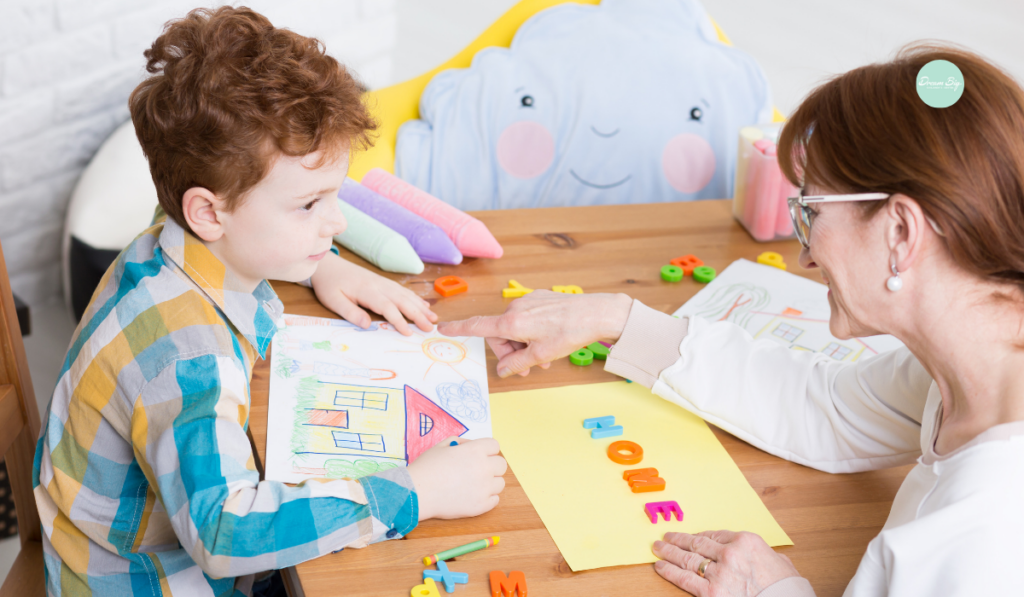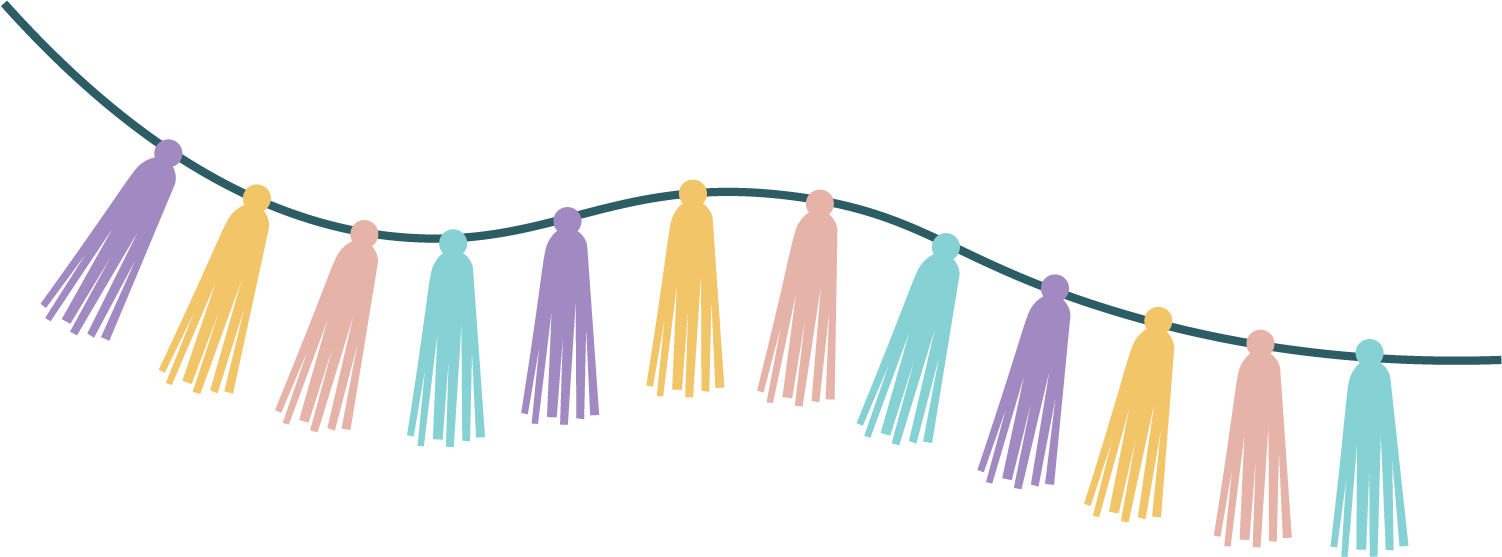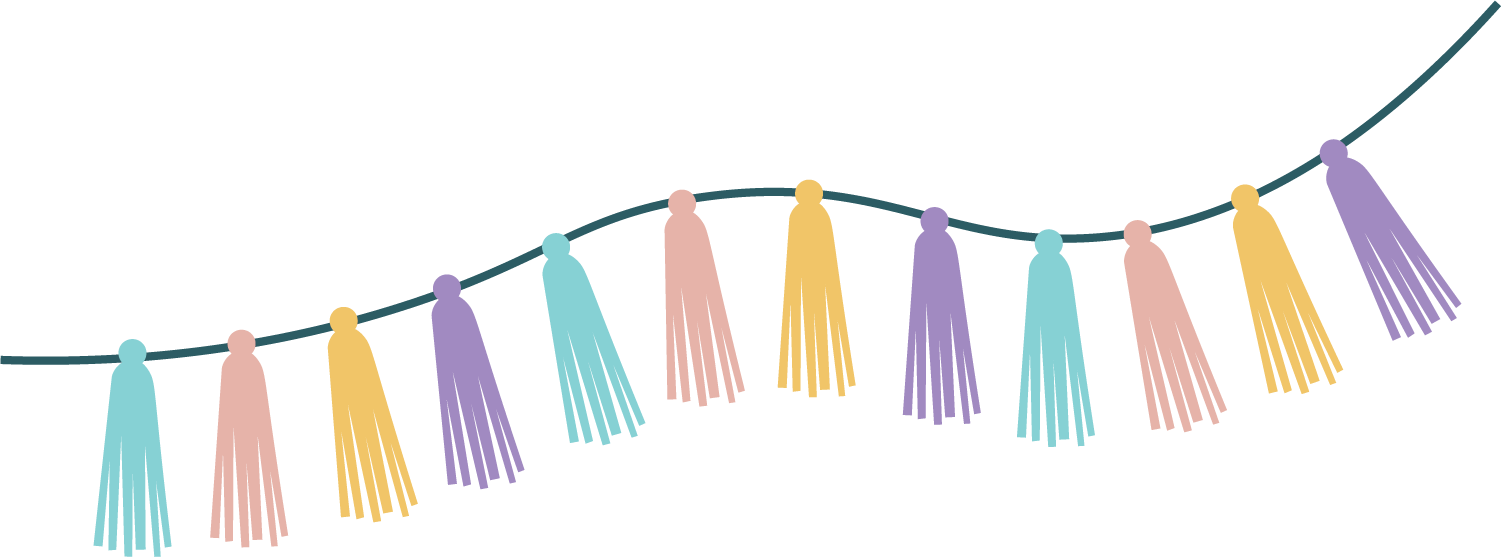Social skills are fundamental for personal development and integration into society. For children, these skills are crucial in forming friendships, participating in group activities, and engaging in everyday interactions. Applied Behavior Analysis (ABA) therapy is a widely recognized approach that can significantly enhance social skills, especially for children facing challenges in social interaction. Many families turn to ABA agencies Monrovia, CA, for specialized support in this area. This article will explore the importance of social skills, how ABA therapy addresses these challenges, and strategies employed to foster social development.
The Importance of Social Skills
Social skills encompass a range of abilities that allow individuals to communicate effectively, engage with others, and navigate social situations. These skills include:
Communication: The ability to express thoughts and feelings verbally and non-verbally.
Understanding Social Cues: Recognizing body language, tone of voice, and facial expressions that convey emotions or intentions.
Turn-Taking and Sharing: Essential for participating in group activities and building relationships.
Conflict Resolution: Navigating disagreements and finding solutions amicably.
Empathy: Understanding and sharing the feelings of others, fostering more profound connections.
Developing these skills can lead to improved relationships, greater emotional well-being, and enhanced academic performance. However, some children may struggle with these interactions due to various reasons, including developmental delays or difficulties in understanding social norms.
How ABA Therapy Addresses Social Skills
ABA therapy is an evidence-based intervention that focuses on teaching specific behaviors through reinforcement. By breaking down complex social skills into smaller, manageable components, ABA therapy helps children learn and practice these skills in a structured environment—the following sections detail how ABA therapy can effectively promote social skill development.
Individualized Programs
Each child is unique, and their social skill deficits may vary. ABA therapists conduct comprehensive assessments to identify specific challenges and strengths. These assessments guide the development of tailored programs that focus on the child’s individual needs. By understanding the child’s interests and motivations, therapists can create engaging activities that encourage participation and learning.
Structured Learning Environment
ABA therapy often takes place in controlled settings where distractions are minimized. This structure helps children focus on learning social skills without overwhelming stimuli. Therapists use role-playing scenarios and social stories to model appropriate behaviors and demonstrate social interactions. This method allows children to practice new skills in a safe space before applying them in real-life situations.
Reinforcement Strategies
Positive reinforcement is a core principle of ABA therapy. When children successfully demonstrate a social skill—such as making eye contact or taking turns—they receive immediate praise or rewards. This reinforcement encourages repetition and helps solidify the learned behavior. Over time, children begin to associate social interactions with positive outcomes, increasing their motivation to engage with peers.
Social Skills Training Groups
Group settings provide an excellent opportunity for children to practice social skills with peers. ABA therapists may organize social skills training groups where children can interact and learn from one another. These groups often focus on activities that require collaboration, such as team games or creative projects. By working together, children develop essential skills such as teamwork, communication, and problem-solving.
Generalization of Skills
One of the significant goals of ABA therapy is to help children generalize learned skills to various settings. Therapists work closely with parents, teachers, and caregivers to ensure that social skills are practiced and reinforced in multiple environments. This collaboration promotes consistency in approaches and helps children feel more comfortable applying their skills in different contexts, such as at school, at home, or in community settings.
Focus on Non-Verbal Communication
Social interactions often rely heavily on non-verbal cues. ABA therapy emphasizes the importance of body language, facial expressions, and tone of voice. Therapists may use video modeling, where children watch recordings of social interactions to analyze and discuss the non-verbal aspects of communication. This technique helps children understand how to read social cues and respond appropriately.

Conflict Resolution and Problem-Solving Skills
Social interactions can sometimes lead to conflicts or misunderstandings. ABA therapy incorporates strategies to help children navigate these situations. Therapists teach conflict resolution techniques, such as using “I” statements to express feelings and finding mutually agreeable solutions. By equipping children with problem-solving skills, they learn to handle conflicts more effectively and maintain positive relationships.
Strategies for Parents and Caregivers
In addition to the support provided by ABA therapists, parents, and caregivers play a crucial role in fostering social skill development. Here are some strategies to reinforce social skills at home:
Create Opportunities for Social Interaction
Encouraging playdates, group activities, and community events allows children to practice their social skills in real-world situations. Structured playdates with peers who have similar interests can provide a comfortable environment for socialization.
Model Appropriate Behaviors
Children often learn by observing adults. Parents and caregivers can model positive social interactions by demonstrating effective communication, empathy, and conflict resolution. Discussing feelings and reactions openly helps children understand social dynamics and how to express themselves.
Use Visual Supports
Visual aids, such as social stories, charts, and diagrams, can help children understand social norms and expectations. These supports provide clear examples of appropriate behaviors in various social situations, making it easier for children to learn and remember.
Reinforce Learning
Acknowledge and praise efforts to engage socially at home to reinforce positive social behaviors. Positive reinforcement can motivate children to continue practicing their skills, making them more confident in their interactions.
Encourage Empathy
Discussing emotions and feelings helps children develop empathy. Ask questions about how others might feel in different situations, encouraging children to consider perspectives outside their own. This practice can enhance their ability to connect with others.
Collaborate with Educators
Maintaining open communication with teachers and school staff ensures a consistent approach to social skill development. Collaborating to share strategies and progress updates allows for a unified effort to foster social skills both at home and in school.
Be Patient and Consistent
Developing social skills takes time and practice. Be patient and consistent in reinforcing positive behaviors, understanding that setbacks may occur. Celebrate progress, no matter how small, and encourage a growth mindset in children.
Conclusion
Developing social skills is a crucial aspect of personal growth and community integration for children. ABA therapy provides a structured and practical approach to enhance these skills, offering individualized programs, reinforcement strategies, and opportunities for practice. By collaborating with parents and caregivers, therapists can create a supportive environment that promotes social skill development both in therapy and in everyday life. With dedication and support, children can thrive in social situations, building meaningful relationships and gaining confidence in their abilities.
At Dream Big Children’s Center, we provide a unique, play-based environment where children of all abilities can grow and thrive. With five state-of-the-art centers across Southern California, we’re proud to offer inclusive ABA services in a welcoming, fun space. Since 2016, our team of 150 “Dreamers” has been dedicated to supporting children’s growth, and we’re excited to see your child join our journey!
Ready to make a difference in your child’s life? Contact us today and become part of the Dream Big Children’s Center family!
FAQs
What is ABA therapy?
ABA (Applied Behavior Analysis) therapy is a structured approach that uses principles of behavioral science to teach specific skills and behaviors. It focuses on reinforcing positive behaviors while reducing undesirable ones, making it particularly effective for helping children improve their social skills.
How does ABA therapy help improve social skills?
ABA therapy improves social skills by breaking them down into manageable components. Through individualized programs, structured learning environments, and positive reinforcement, children can learn and practice essential social skills in a supportive setting.
What types of social skills can be taught through ABA therapy?
ABA therapy can help teach various social skills, including:
- Effective communication
- Understanding social cues (body language, facial expressions)
- Turn-taking and sharing
- Conflict resolution
- Empathy and emotional understanding
Is ABA therapy suitable for all children?
ABA therapy can be beneficial for many children, particularly those who face challenges in social interactions. However, the suitability of ABA therapy should be determined through a comprehensive assessment by a qualified professional who can tailor the program to the child’s individual needs.
How long does ABA therapy typically last?
The duration of ABA therapy varies based on the child’s needs and goals. Some children may benefit from several hours of treatment each week for an extended period, while others may require less intensive support. Progress is monitored regularly to determine the appropriate duration.
What role do parents play in ABA therapy?
Parents play a crucial role in the success of ABA therapy. They are encouraged to reinforce the skills learned in therapy at home, create opportunities for social interactions, and collaborate with therapists to ensure consistency in approaches.
Are there specific activities used in ABA therapy to develop social skills?
Yes, activities such as role-playing, social stories, group games, and structured playdates are often used to practice social skills. These activities provide children with opportunities to apply what they’ve learned in real-world situations.
How can I track my child’s progress in ABA therapy?
Therapists use data collection methods to monitor progress, including tracking specific behaviors and skills over time. Parents should communicate regularly with therapists to receive updates on their child’s development and discuss any concerns.
Can ABA therapy be integrated into school settings?
Absolutely! Collaboration between parents, therapists, and educators can ensure that the strategies learned in therapy are reinforced in the school environment. This integration promotes consistency and helps children generalize their skills across different settings.
What should I do if my child struggles with social interactions outside of therapy?
If your child struggles with social interactions outside of therapy, communicate with their therapist about specific challenges. They can provide additional strategies and support to address these situations, helping to reinforce learning in real-life contexts.

